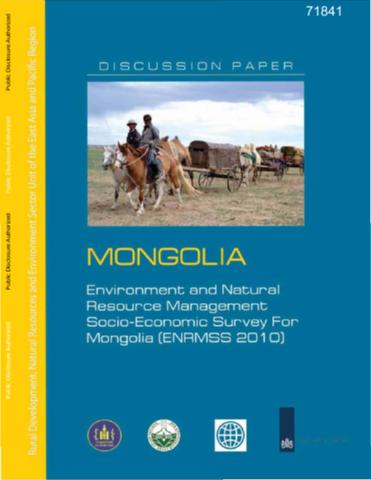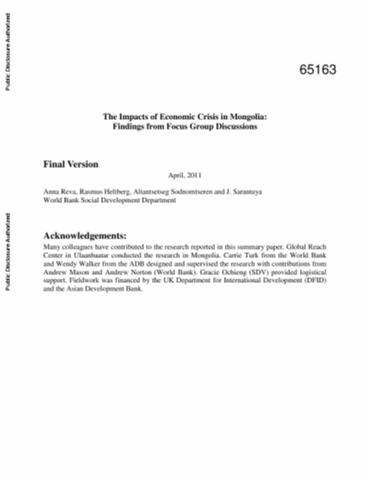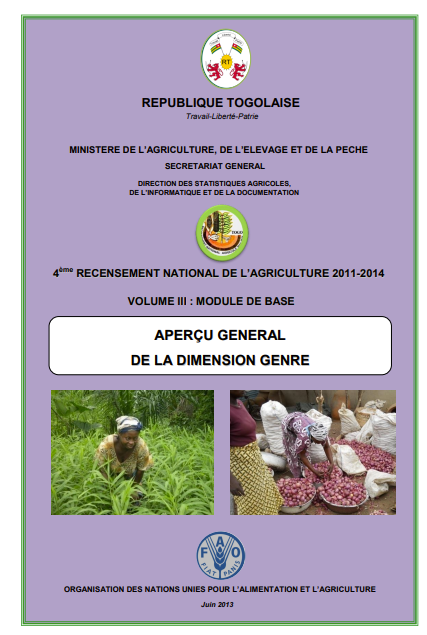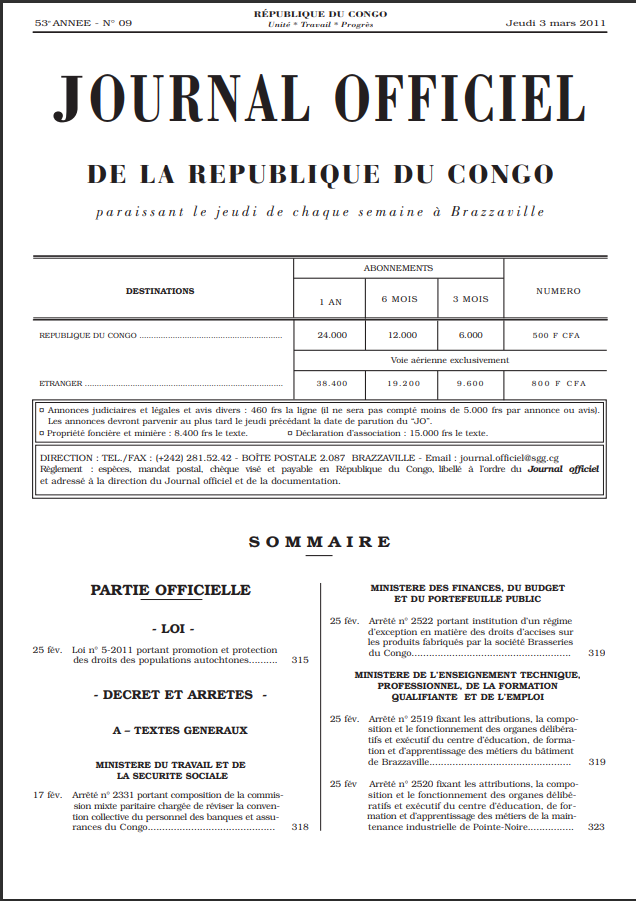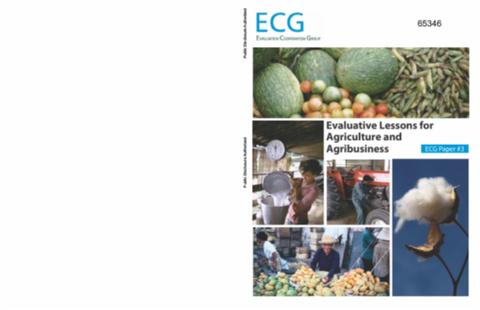Des cordons pierreux contre la désertification
Au Burkina Faso, le potentiel en terres arables à vocation agricole est épuisé. À l’avenir, la population en rapide expansion ne pourra être nourrie que s’il est possible d’accroître les rendements sur les terres cultivées existantes. Grâce à la construction de cordons pierreux le long des courbes de niveau, il est possible de mieux exploiter l’eau de pluie et de stopper l’érosion.


